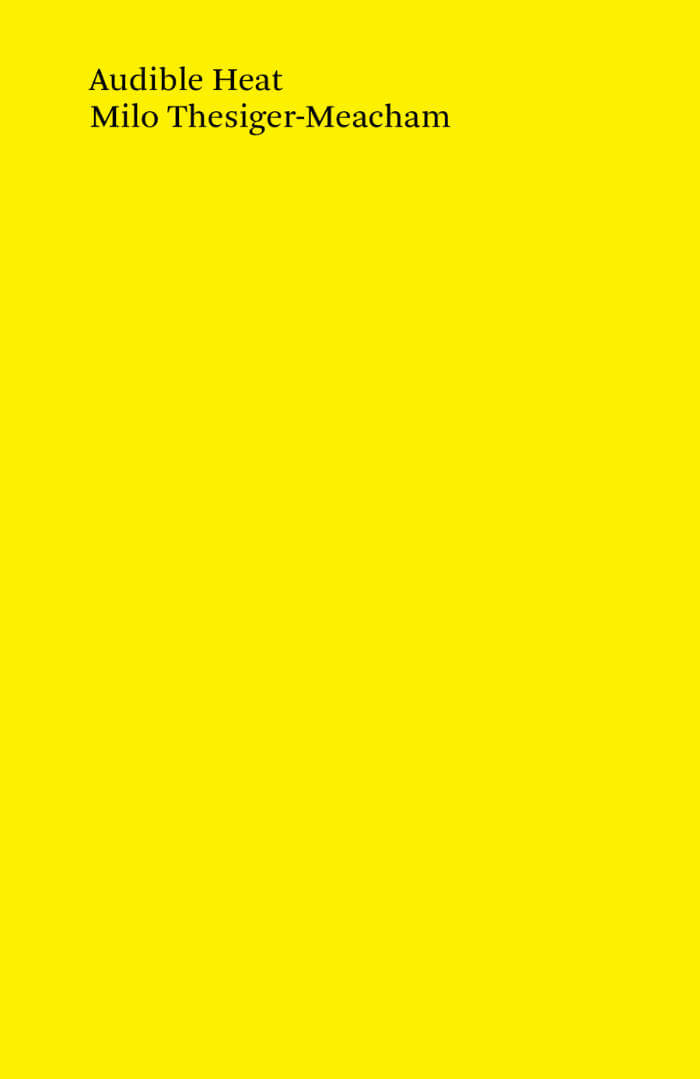
Pleasure Activism: The Politics of Feeling Good
How do we make social justice the most pleasurable human experience? How can we awaken within ourselves desires that make it impossible to settle for anything less than a fulfilling life? Author and editor adrienne maree brown finds the answer in something she calls "pleasure activism," a politics of healing and happiness that explodes the dour myth that changing the world is just another form of work. Drawing on the black feminist tradition, she challenges us to rethink the ground rules of activism. Her mindset-altering essays are interwoven with conversations and insights from other feminist thinkers, including Audre Lorde, Joan Morgan, Cara Page, Sonya Renee Taylor, and Alexis Pauline Gumbs. Together they cover a wide array of subjects—from sex work to climate change, from race and gender to sex and drugs—building new narratives about how politics can feel good and how what feels good always has a complex politics of its own.
Building on the success of her popular Emergent Strategy, brown launches a new series of the same name with this volume, bringing readers books that explore experimental, expansive, and innovative ways to meet the challenges that face our world today. Books that find the opportunity in every crisis!
adrienne maree brown, author of Emergent Strategy and co-editor of Octavia's Brood, is a social justice facilitator focused on black liberation, a doula/healer, and a pleasure activist. She lives in Detroit.







